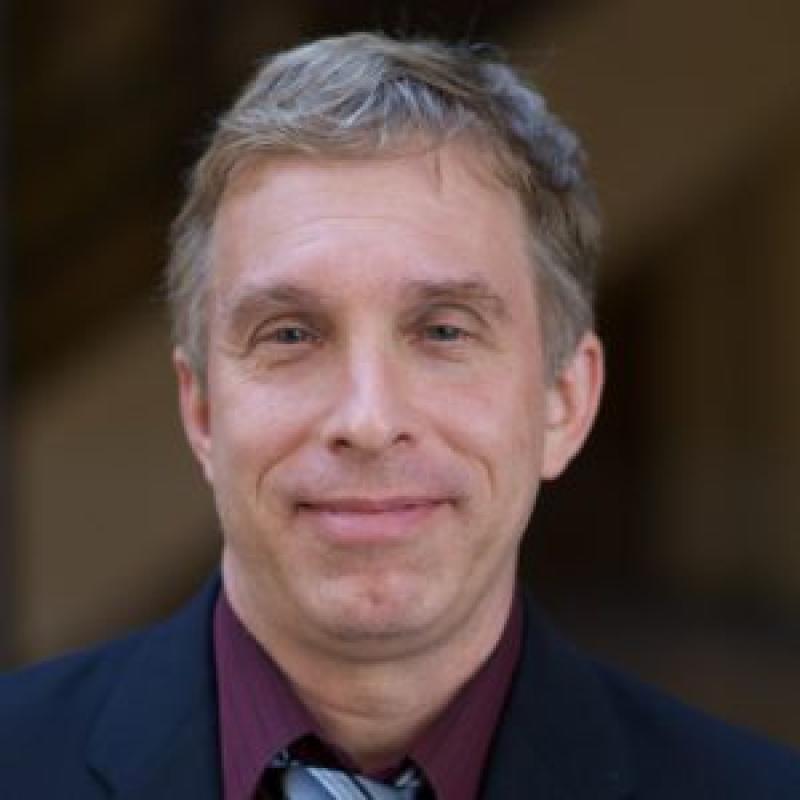A Special Family Trojan Weekend Event [parents, siblings, grandparents--everyone is welcome!]
“Nothing happens until something moves.”
--Albert Einstein
Inertia is the resistance of any physical object to any change…
Imagine the great polymaths--Aristotle, Copernicus, Galileo, Newton, Einstein—each wrestling with the property of inertia. They observed its existence, investigated its origin, and sought its action in the universe. Galileo, inspired by Copernicus' findings, modified Aristotle’s initial conclusions, postulating that a “body moving on a level surface will continue in the same direction at a constant speed unless disturbed.” Newton refined these conclusions, which manifested as his first law in his Philosophiæ Naturalis Principia Mathematica: “The vis insita, or innate force of matter, is a power of resisting by which every body, as much as in it lies, endeavours to preserve its present state, whether it be of rest or of moving uniformly forward in a straight line.” Einstein, “standing on the shoulders of these giants,” confirmed Galileo and Newton’s inertia theories in his Theory of Special Relativity. But through the process, he recognized inherent limitations in the principle, which lead to his epic General Theory of Relativity. We humans, physical objects that we are, also wrestle with inertia, the resistance to change. Please join Professor of Physics and Anatomy Gene Bickers in conversation about this unchanging property in our universe that may inspire movement in our lives.
